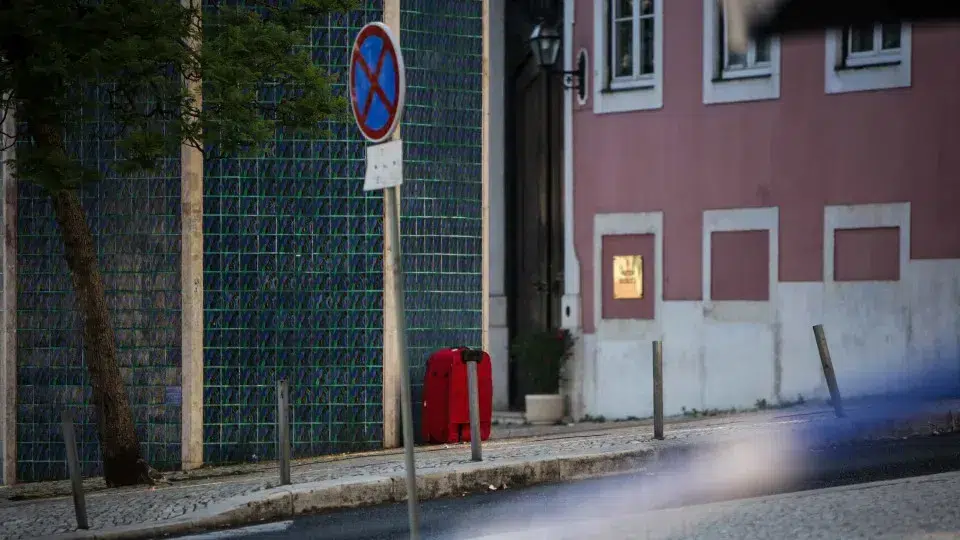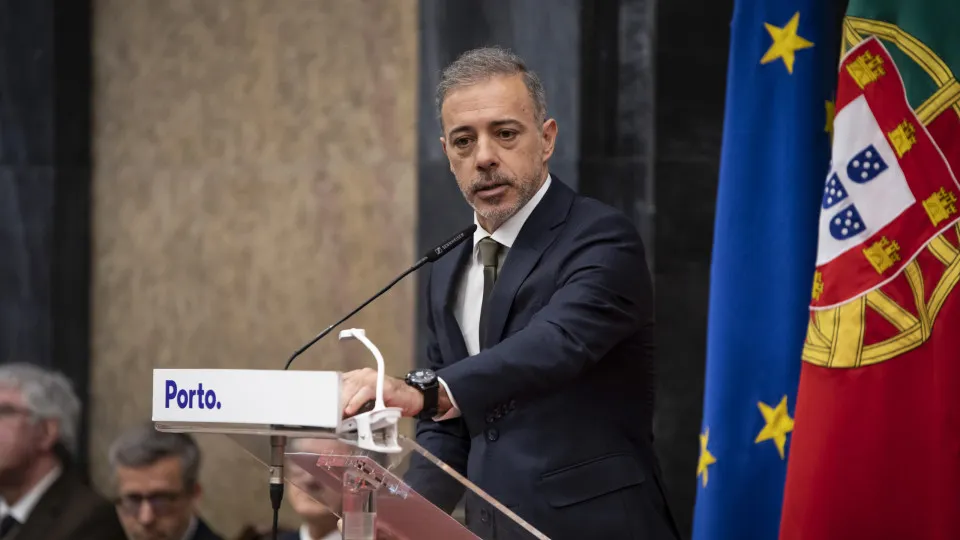
A statement addressed to lawmakers by AGECOP, APEL, AUDIOGEST, GDA, GEDIPE, SPA, and Visapress, all involved in the protection of editors’ and journalistic content creators’ rights in Portugal, voiced criticism of a proposal.
“The identified collective management entities hereby express their complete astonishment and bewilderment regarding the proposed amendment” submitted by the Iniciativa Liberal (IL) party, which aims to eliminate the private copying levy, they note.
They emphasize, “Contrary to the claims in the justification of the said proposal (superficial, which might be due to ignorance), private copying is a valuable and even indispensable support for the protection of copyright and related rights and for the promotion of creative activity, as is the case in most European countries.”
During the COVID-19 pandemic, for instance, “private copying ensured a minimal remuneration for rights holders across all creative fields at a time when authors, artists, and the entire creative ecosystem were paralyzed and prevented from continuing their activities.”
“And if the revenue collected through private copying is a payment to rights holders for the use of their works, it is no less significant that 20% of its revenue is allocated to the Cultural Fund,” the entities continue.
These funds, they add, have consistently supported thousands of projects in music, literature, audiovisual, visual arts, press, theater, dance, among other fields, representing the largest support for artistic creation in the country for both well-established names and newcomers who would otherwise find it challenging to reach the market.
The cultural and creative sector “accounts for about 3.3% of the national GDP and 3.39% of the global GDP, generating 17 million jobs in the European Union,” they point out, highlighting that culture, “besides contributing to the economy, is a fundamental element for social cohesion, active citizenship, and the intellectual, moral and spiritual enrichment of society.”
The Private Copying Law “is rooted in Directive 2001/29/EC, existing in almost every European country, and is fully substantiated and aligned with the prevailing and harmonized position advocated by community bodies: the Court of Justice, the European Parliament, the European Commission, and the Council of the EU, besides reflecting the comparative trend observed by the IRIS of the European Audiovisual Observatory,” they state.
“Its elimination would not benefit consumers; it would gravely harm the entire creative industry – over 50,000 authors, artists, press editors, producers in the country – with inevitable repercussions on the creative ecosystem at a time when artificial intelligence [AI] looms as a threatening black cloud,” they warn.
Therefore, they argue that “it is crucial that this IL proposal is not approved, to avoid making the Portuguese State liable for non-compliance with an EU Directive and harming rights holders by eliminating one of the most effective and appropriate compensation methods that everyone benefits from.”




